Driverless Trucking and Its Impact on Road Safety
Technology has changed the trucking industry in a multitude of ways, but the biggest change is yet to come. Significant investments have been made into autonomous trucks that can drive longer, drive at irregular hours, and address shortages within the industry. As a driver, it’s important that you know the current status of these developments and how they may affect road safety.
Have you been injured in a truck accident? If so, you may be entitled to compensation. Learn more now by calling Bailey Javins & Carter at 800-497-0234.
Promises of Safety
One of the main arguments in favor of driverless trucking is its positive effect on safety. To be clear, tractor-trailers are already less likely to be involved in a crash than other types of vehicles. However, although they make up a smaller portion of total accidents, they account for far more than their fair share of fatal accidents. Even though the vast majority of truck drivers are safe drivers, it’s always worth exploring options that can save lives.
The main benefit of driverless trucking is its ability to erase human error from the driving equation. The majority of collisions are still the result of human error, but driverless trucking doesn’t rely solely on human skills. It utilizes sensing technology, adaptive cruise control, lane-keeping assistance, artificial intelligence, and data on upcoming traffic and weather changes.
If these technological advances are successful, they are expected to lead to a drastic decrease in accidents. Many collisions are the result of impaired, fatigued, or distracted driving—and autonomous trucks eliminate these factors.
Regulatory and Legal Issues
As is the case with any new technology, regulatory and legal issues are hurdles that must be cleared. There are 22 states that allow autonomous trucks at the moment, but the laws across all 50 states vary quite a bit. Some states have a lax regulatory environment that makes it much easier for driverless trucks to become mainstream.
Other states strictly limit self-driving vehicles, to the point that one bill in California would require all autonomous trucks to have a human driver. With different states having different requirements, the world of interstate trucking becomes even more complicated. Until more states are on the same page, certain states will essentially be left out of driverless trucking developments.
One obvious issue relates to liability. It’s impossible to eliminate accidents entirely—when a driverless truck causes a crash, who is liable and how can victims seek compensation?
Challenges and Risks with Technology
There are inherent risks and issues that come with any technological advancements. No technology is perfect, and that includes driverless trucking. It relies heavily on algorithms and past driving experiences. When faced with situations that don’t fit into these models, driverless trucks struggle to respond appropriately. In some cases, driverless vehicles have failed to identify obstacles accurately, leading to serious crashes.
You also have to consider the potential security risks. Anything that relies on the Internet can be hacked with enough effort and time, and a shutdown of the trucking industry could wreak havoc on the American economy. Companies wanting to utilize this technology must invest in proper cybersecurity technology and have protocols in place for when system shutdowns, malfunctions, and hacks inevitably happen.
How Driverless Trucking May Affect the Industry
When it comes down to it, truck drivers are ultimately the group most affected by driverless trucking. While there will still likely always be a demand for human drivers on complicated routes or areas prone to weather fluctuations, this trend could dramatically drop the demand for drivers.
The industry as a whole may need to invest money in training programs that can help drivers pivot and begin working in autonomous vehicle maintenance, oversight and management, and remote monitoring. It’s crucial that this question is at the forefront of these discussions, as any change that takes a large chunk of people out of the workforce will have profound negative effects.
Explore Your Legal Options After a Truck Accident—Call Bailey Javins & Carter
As driverless trucking begins to roll out across the United States, you can still expect to see a substantial amount of accidents caused by driver error. If you’ve been hurt in a collision, let us help. Call our Charleston truck accident team at 800-497-0234 or send us a message online now.

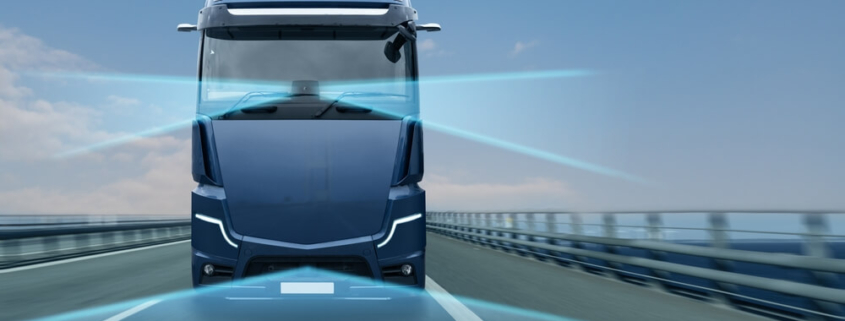
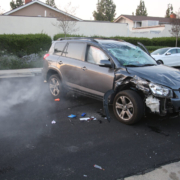

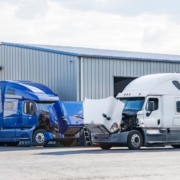
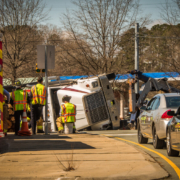
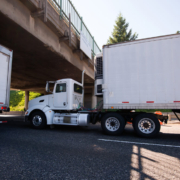


 Construction Negligence
Construction Negligence